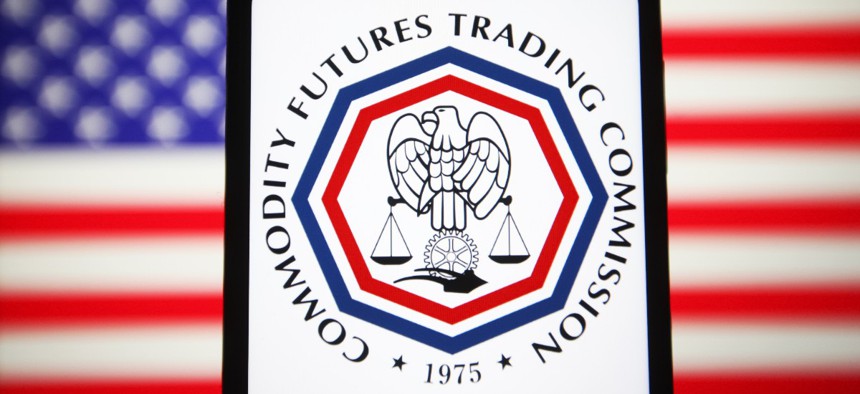Bipartisan Senators Want Commodity Regulations For Cryptocurrency

Pavlo Gonchar/SOPA Images/LightRocket via Getty Images
A new bill would task the Commodity Futures Trading Commission with imposing more consumer protections and other oversight regulations on digital asset trading.
A team of bipartisan lawmakers introduced legislation that will give federal financial regulatory agencies control over digital commodities.
Announced on Thursday, the Digital Commodities Consumer Protection Act of 2022 would give the Commodity Futures Trading Commission authority to regulate cryptocurrency and other digital asset trading and instill rules that hold digital assets to the same standards as other traditional financial tools.
The bill was introduced by Sens. Debbie Stabenow, D-Mich., Cory Booker, D-N.J., John Boozman, R-Ark., and John Thune, R-S.D. It comes as digital assets continue to rise in popularity and fluctuate in value with minimal regulations.
“One in five Americans have used or traded digital assets—but these markets lack the transparency and accountability that they expect from our financial system. Too often, this puts Americans’ hard-earned money at risk,” said Stabenow. “That’s why we are closing regulatory gaps and requiring that these markets operate under straightforward rules that protect customers and keep our financial system safe.”
Some of the bill’s provisions include reducing the risk involved in brokering and buying digital assets through measures like maintaining transaction records and trading information, as well as requiring digital marketplaces to adopt adequate cybersecurity protections. One of the more critical regulations would be requiring these digital commodity trading platforms to register with the CFTC and maintain sufficient financial resources, similar to banking stress tests.
In addition to establishing stronger consumer protections, the bill also requires the CFTC to conduct a report on the energy consumption required for bitcoin mining, along with another report on the racial and ethnic demographics involved in the digital asset market to gauge equity and access.
It also notes that depending on the specific digital asset, it may be categorized as commodities, securities, derivatives or other financial products.
“Technology continues to transform digital commodities, and it’s critical that the Commodity Futures Trading Commission has the proper tools to regulate this growing market, ” said Thune. “This legislation would provide the CFTC with the necessary visibility into the marketplace to respond to emerging risks and protect consumers, while also providing regulatory certainty to digital commodity platforms.”
Multiple lawmakers have proposed bills that create new cryptocurrency regulations, which usually center on consumer protection laws to prevent instances of fraud in transactions and work to stabilize the volatile market.






